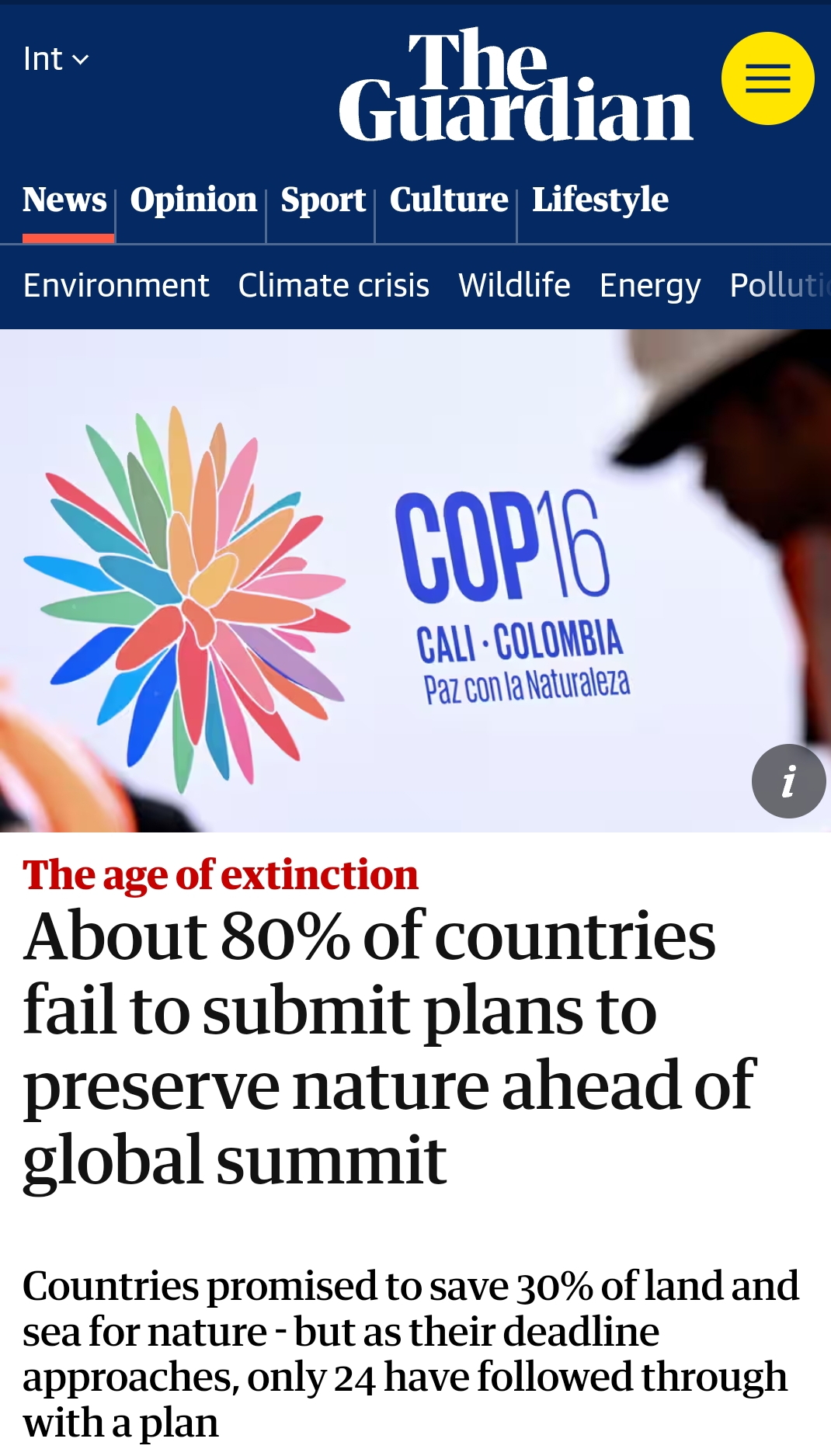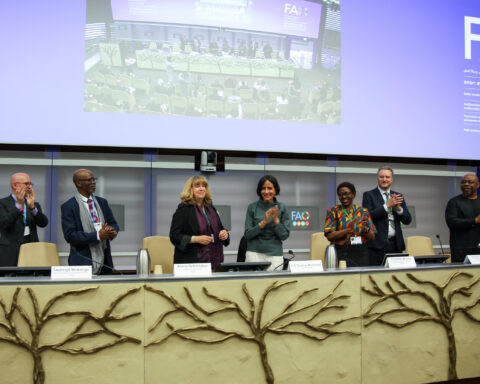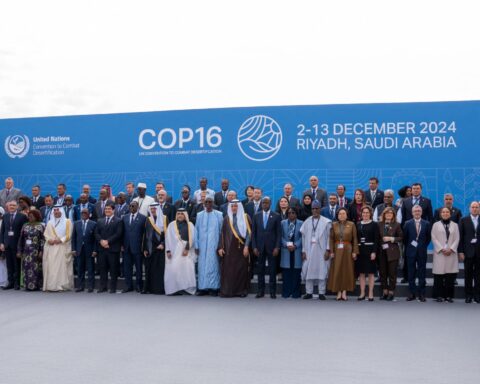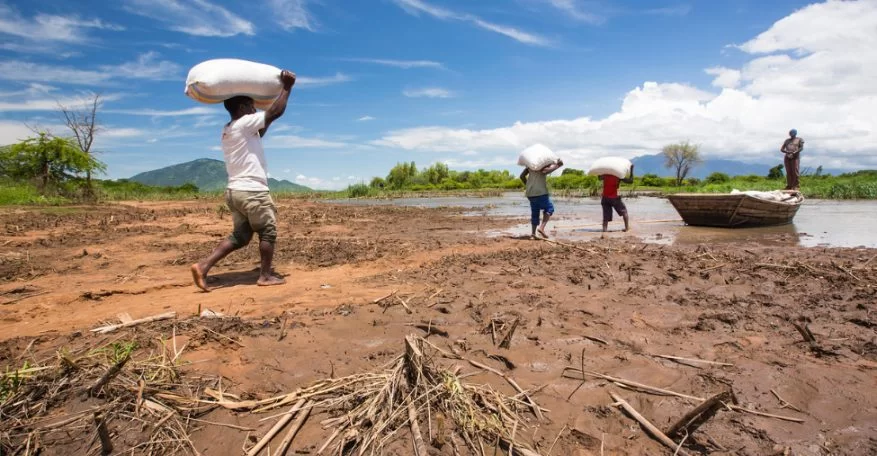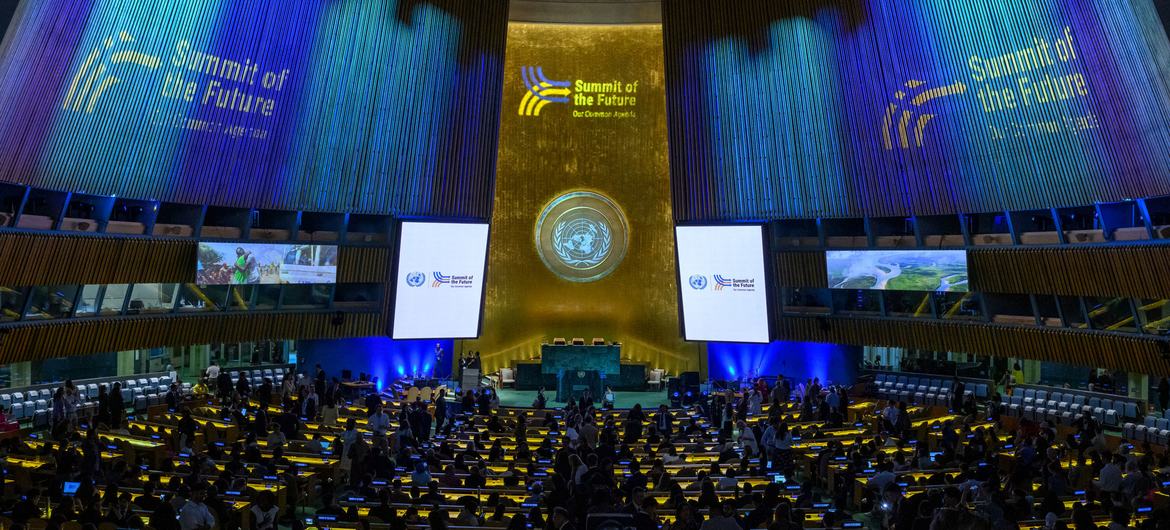More than 80% of countries have failed to submit their plans to meet a United Nations agreement aimed at halting the destruction of Earth’s ecosystems, a new analysis by Carbon Brief and the Guardian UK has revealed.
The agreement struck nearly two years ago at the biodiversity COP15 in Montreal, Canada, included ambitious targets to protect 30% of the world’s land and seas, reform environmentally harmful subsidies worth billions of dollars, and reduce pesticide usage.
Countries were expected to submit their National Biodiversity Strategies and Action Plans (NBSAPs) ahead of COP16, scheduled to take place this month in Cali, Colombia. However, only 25 out of 195 countries have met the deadline.
Among the countries that have submitted plans are five of the 17 megadiverse nations, which collectively host about 70% of the world’s biodiversity.
These include Australia, China, Indonesia, Malaysia, and Mexico. Notably, no country from the Congo Basin, a region rich in biodiversity and vital for global climate regulation, has submitted an NBSAP. Only Suriname, in the Amazon region, met the deadline.
Crystal Davis, Global Director for the Food, Land, and Water Program at the World Resources Institute, expressed concern about the delays.
“Nature is facing a crisis, largely driven by humanity’s use of land and oceans. At COP16, it is time for all countries to step up and turn this landmark global agreement into action,” she said.
The report highlights that many nations, including some with significant biodiversity such as Brazil and India, have yet to submit their plans but are expected to do so during the COP16 summit.
Despite being home to the largest share of the Amazon rainforest, Brazil said it was working on a long-term strategy extending to 2050.
Braulio Dias, Director of Biodiversity Conservation at Brazil’s Ministry of Environment, cited the complexity of the country’s biodiversity and governance as reasons for the delay.
India, another biodiversity-rich nation, faces unique challenges in adapting the global targets to its local context, according to Dr. V Rajagopalan, Chair of the country’s biodiversity working group.
“What works in the West may not be practical for us. Subsidies and pesticides, for instance, are critical due to our agricultural needs and food security concerns, but we remain committed to ambitious targets,” Rajagopalan said.
Colombia, the host nation for COP16, also missed the deadline but plans to present its strategy during the summit.
Countries like Canada, Italy, France, and Japan, have submitted their NBSAPs, while the United Kingdom, citing a change in government, is expected to release its plan in early 2025.
UN biodiversity chief, Astrid Schomaker, acknowledged the slow progress but expressed optimism that more countries, including India, would unveil their plans at COP16.
She noted that delays in some countries could be attributed to the need for funding and the complexity of adopting a whole-of-society approach to addressing biodiversity loss.
As the global community gathers in Cali for COP16, the urgency to protect the world’s ecosystems is clear, particularly for Africa.
The continent is home to vast biodiversity, including the Congo Basin, which plays a critical role in stabilising the Earth’s climate.
However, Africa also faces unique socio-economic challenges, such as reliance on subsistence agriculture, which complicates the implementation of global biodiversity targets.
The failure to submit NBSAPs on time raises concerns about whether countries can effectively implement the targets agreed upon in Montreal.
Experts fear that without concrete action plans, the world is unlikely to achieve the 2030 targets to safeguard biodiversity, raising the risk of further ecosystem degradation and biodiversity loss.
With its rich biodiversity and complex development needs, Africa will need tailored strategies that balance conservation with socio-economic growth.
The continent’s active participation in the COP16 discussions will be crucial in shaping global policies that reflect its unique challenges and opportunities.
Read the original report here


